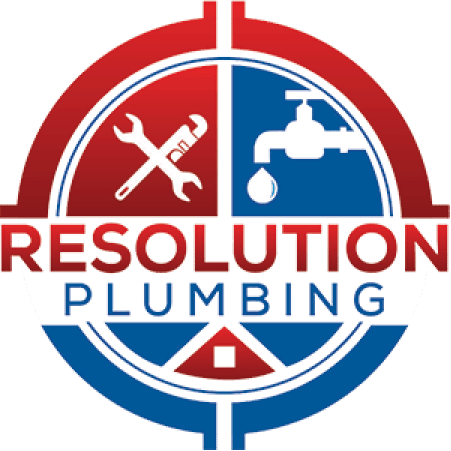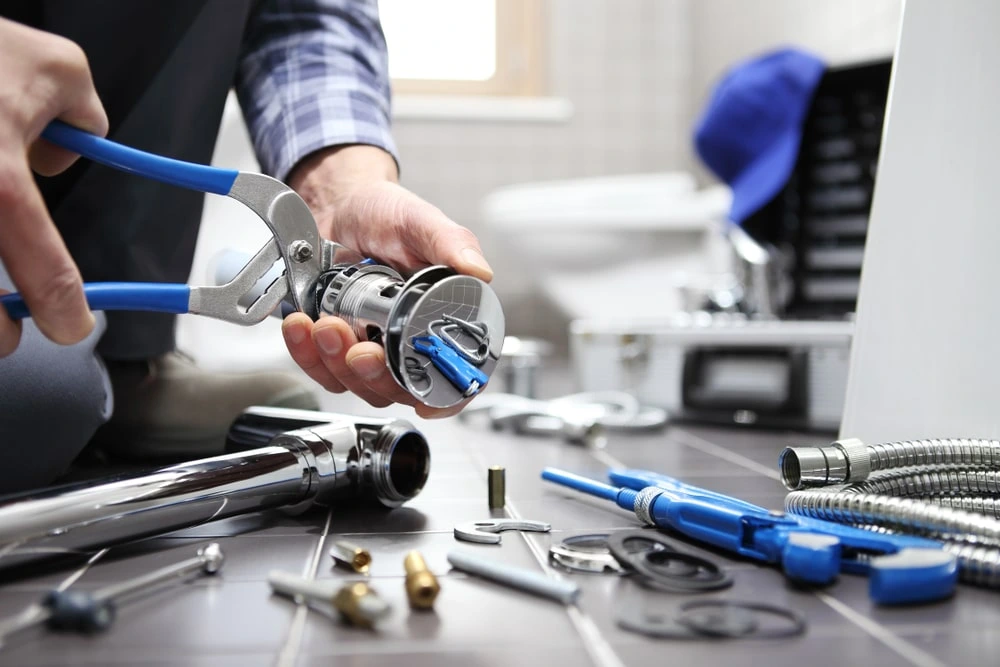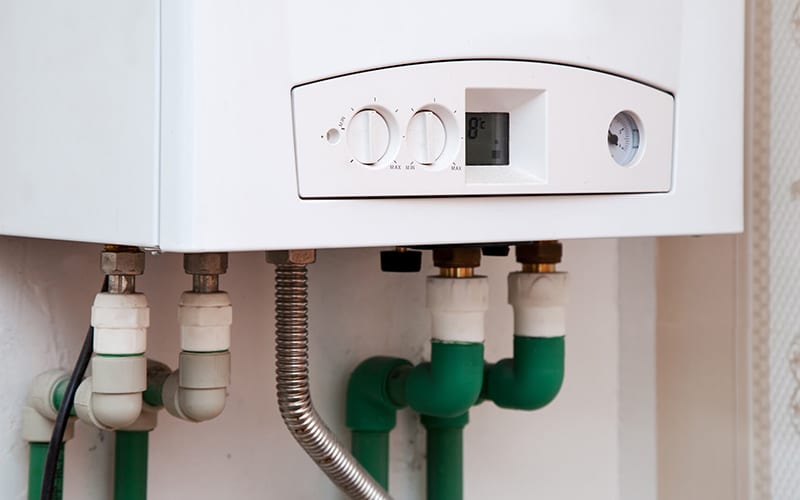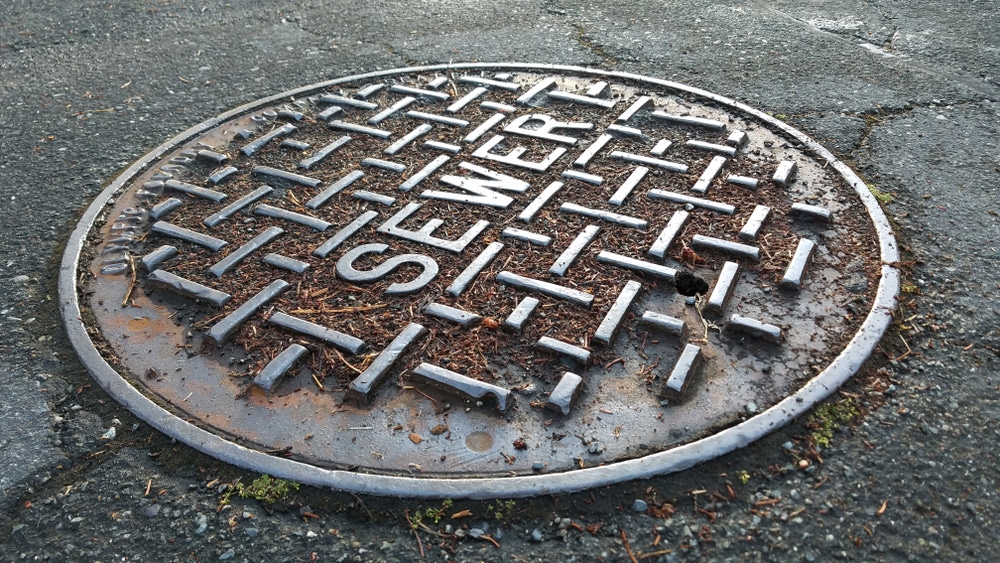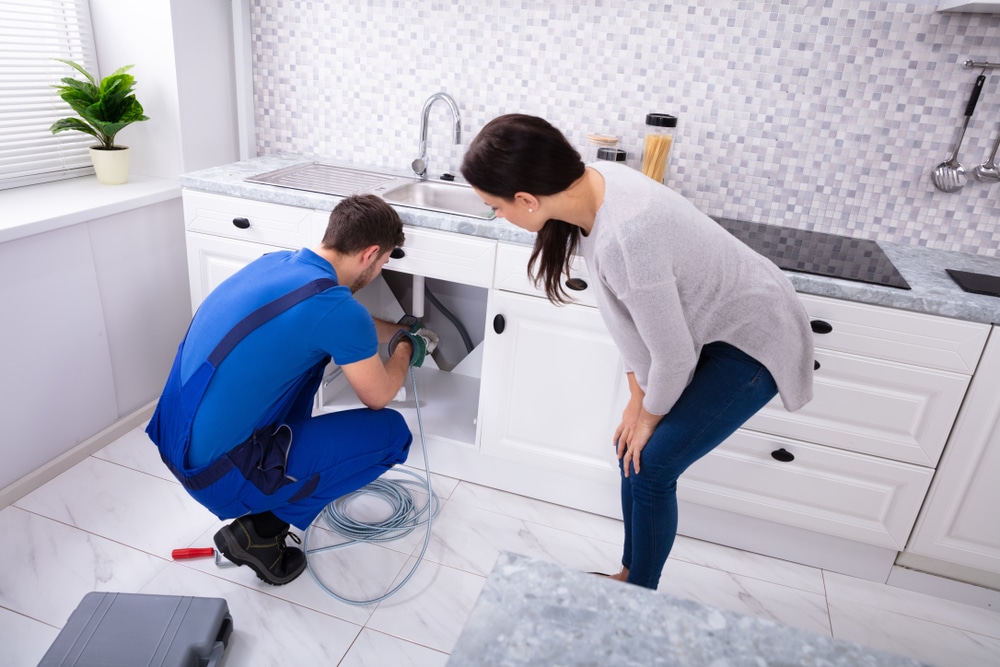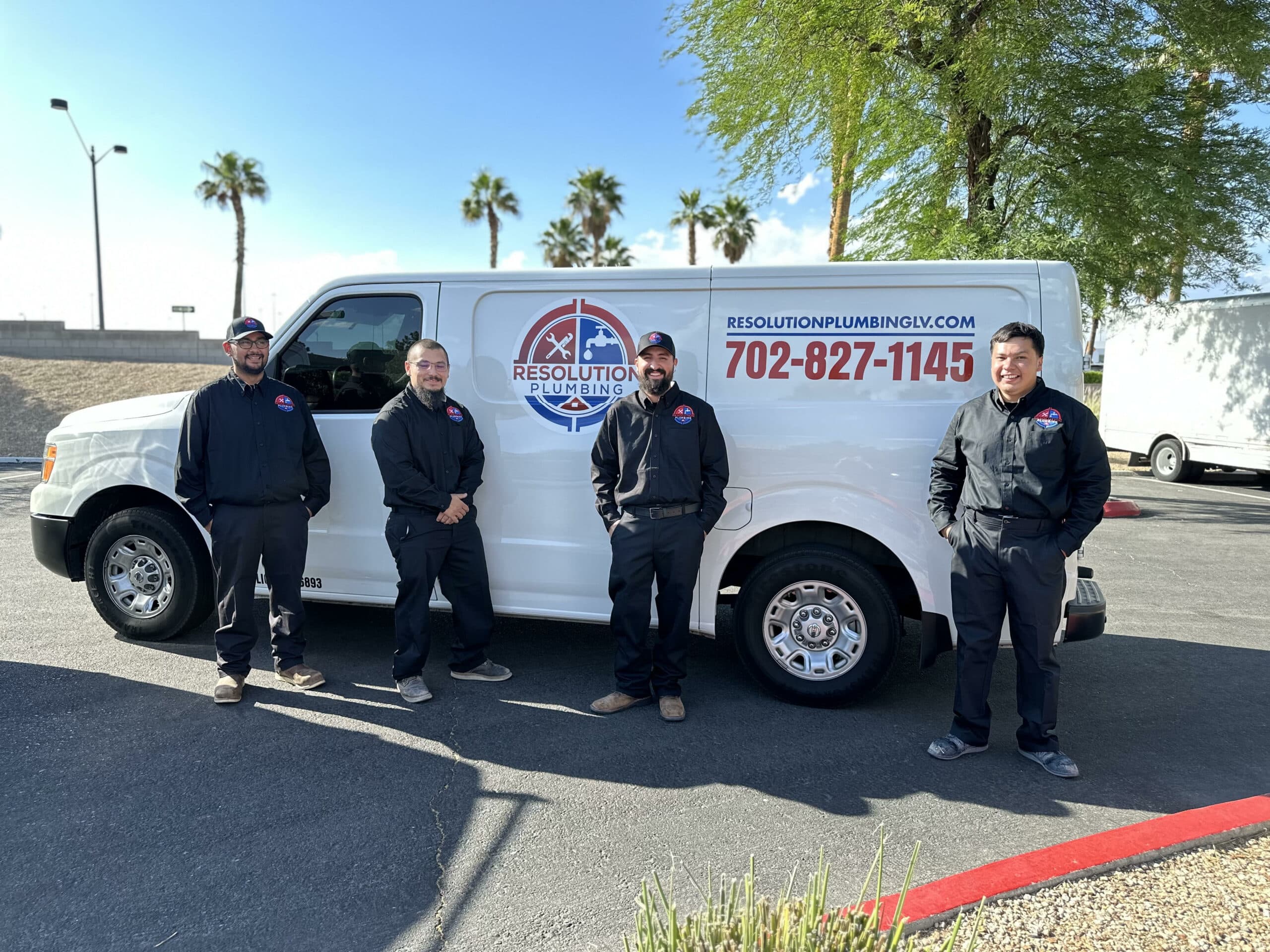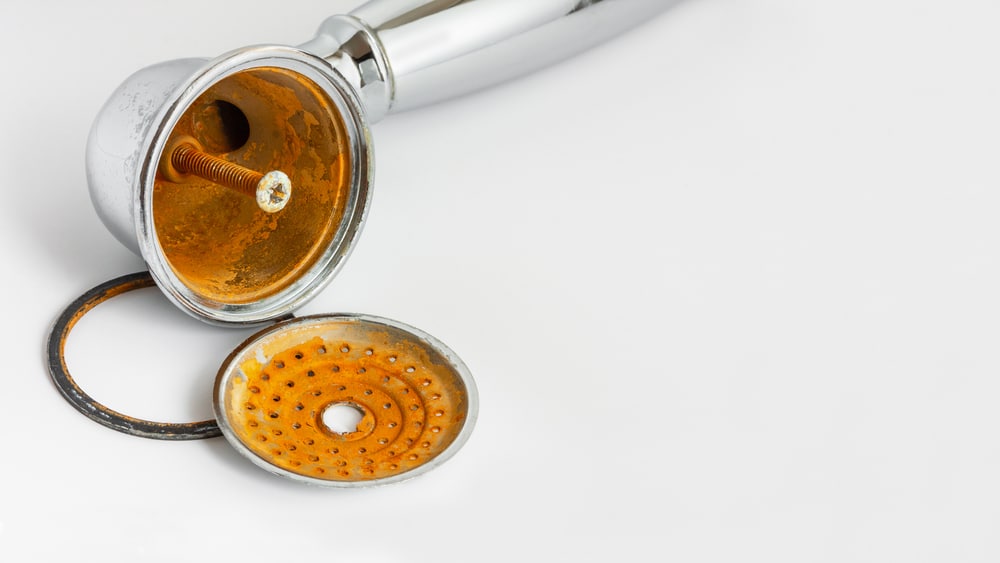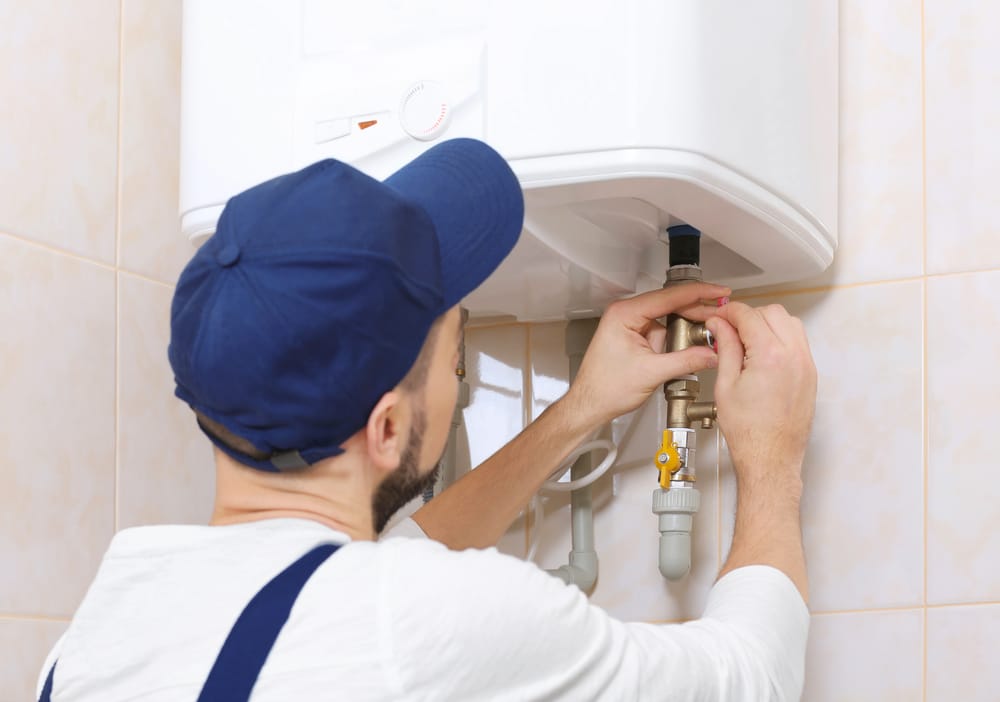PVC pipes are one of the most commonly used materials for plumbing in modern homes and businesses. Whether you are a homeowner or a professional plumber, it is essential to understand the common causes of PVC pipe leaks and how to fix them effectively. In this article, we will explore the reasons for PVC pipe leaks, signs of a leaky PVC pipe, DIY methods for fixing PVC pipe leaks, using PVC repair kits, calling a professional plumber for PVC pipe leaks, prevention tips to avoid PVC pipe leaks, replacing damaged PVC pipes, and the benefits of using PVC pipes.
Common Causes of PVC Pipe Leaks
PVC pipes are durable, long-lasting, and easy to install. However, several factors can cause them to leak over time. One of the most common reasons for PVC pipe leaks is the use of low-quality materials. Cheap PVC pipes are prone to cracking, breaking, and leaking, especially when exposed to high pressure or extreme temperatures.
Another common cause of PVC pipe leaks is corrosion. Corrosion occurs when the PVC pipe comes into contact with acidic substances, such as chemicals or minerals in the water supply. When this happens, the pipe can develop small holes or cracks, leading to leaks.
In some cases, PVC pipe leaks can also be caused by improper installation. If the pipes are not aligned correctly, or if the joints are not tightly sealed, water can leak out. Finally, age and wear and tear can also cause PVC pipe leaks. Over time, the pipes can become brittle and develop cracks or holes, leading to leaks.
Signs of a Leaky PVC Pipe
It can be challenging to detect PVC pipe leaks, especially if they are hidden behind walls or underground. However, there are several signs that can indicate a leaky PVC pipe. One of the most obvious signs is the presence of water stains on walls, ceilings, or floors. If you notice water stains, it is essential to investigate the cause of the leaks and fix them as soon as possible to prevent further damage.
Another sign of a leaky PVC pipe is a decrease in water pressure. If the water pressure in your home or business has decreased, it may be due to a leaky PVC pipe. Finally, if you notice a foul odor coming from your pipes or water, it could be a sign of a leaky PVC pipe.
DIY Methods for Fixing PVC Pipe Leaks
If you have identified a leaky PVC pipe, there are several DIY methods you can use to fix it. One of the easiest and most cost-effective ways to fix a leaky PVC pipe is to use a repair clamp. A repair clamp is a metal sleeve that fits over the damaged area of the pipe and is secured with screws. This method is ideal for small leaks or cracks in the pipe.
Another DIY method for fixing PVC pipe leaks is to use epoxy putty. Epoxy putty is a two-part adhesive that can be molded and shaped to fit around the damaged area of the pipe. Once applied, the putty hardens and forms a watertight seal. This method is ideal for larger leaks or cracks in the pipe.
Finally, you can also use a PVC repair kit to fix a leaky PVC pipe. A PVC repair kit typically includes a solvent-based adhesive and a PVC patch. To use the kit, you need to clean the damaged area of the pipe, apply the adhesive, and place the PVC patch over the damaged area. This method is ideal for larger leaks or cracks in the pipe that cannot be fixed with a repair clamp or epoxy putty.
Using PVC Repair Kits
If you have decided to use a PVC repair kit to fix a leaky PVC pipe, there are a few things you need to keep in mind. First, it is essential to choose the right type of repair kit for your needs. There are several different types of repair kits available, each designed for a specific type of PVC pipe and repair.
Second, it is essential to follow the instructions carefully when using a PVC repair kit. Improper use can result in further damage to the pipe, leading to more leaks and costly repairs. Finally, it is essential to use high-quality repair kits from reputable manufacturers to ensure the best results.
Calling a Professional Plumber for PVC Pipe Leaks
If you are not comfortable fixing a leaky PVC pipe yourself, or if the damage is too severe to fix with DIY methods, it is essential to call a professional plumber. A professional Las Vegas plumber has the knowledge, skills, and tools to identify and fix PVC pipe leaks quickly and efficiently.
When choosing a plumber, it is essential to do your research and choose a reputable and licensed professional. You can ask for recommendations from friends and family, check online reviews, and verify the plumber’s license and insurance status.
Prevention Tips to Avoid PVC Pipe Leaks
Prevention is always the best strategy for avoiding PVC pipe leaks. There are several simple steps you can take to prevent leaks and extend the life of your PVC pipes. First, it is essential to use high-quality PVC pipes from reputable manufacturers. Cheap PVC pipes are more prone to cracking, breaking, and leaking, leading to costly repairs.
Second, it is essential to maintain your pipes regularly. This includes checking for signs of leaks, inspecting the joints for tightness, and cleaning out any debris or buildup that can cause clogs and leaks. Finally, it is essential to avoid using harsh chemicals or abrasive materials that can damage your pipes, leading to leaks and other problems.
Replacing Damaged PVC Pipes
If your PVC pipes are old, damaged, or beyond repair, you may need to replace them. Replacing PVC pipes can be a complicated and time-consuming process, but it is essential to prevent further damage and ensure the safety and comfort of your home or business.
When replacing PVC pipes, it is essential to choose high-quality materials and hire a licensed professional plumber. The plumber will inspect the existing pipes, determine the best course of action, and ensure that the new pipes are installed correctly and safely.
Benefits of Using PVC Pipes
Despite the risk of leaks, PVC pipes offer several benefits that make them an excellent choice for plumbing in modern homes and businesses. First, PVC pipes are durable, long-lasting, and resistant to corrosion, making them ideal for use in harsh environments. They are also lightweight and easy to install, which can save time and money on installation and repairs.
Finally, PVC pipes are environmentally friendly and safe for use in drinking water systems. They do not contain harmful chemicals or compounds and can be recycled at the end of their lifespan.
Conclusion
PVC pipe leaks are a common problem that can lead to costly repairs and water damage. However, with the right knowledge and tools, you can identify and fix PVC pipe leaks quickly and efficiently. Whether you choose to use DIY methods, PVC repair kits, or professional plumbers, it is essential to take action as soon as possible to prevent further damage and keep your pipes leak-free. Remember to follow prevention tips, use high-quality materials, and maintain your pipes regularly to ensure the safety and comfort of your home or business.
FAQs
- How do I know if I have a PVC pipe leak?
- Look for signs of water damage such as mold, dampness, or water stains on walls and ceilings.
- Check for low water pressure or a sudden increase in water bills.
- Can I use duct tape to fix a PVC pipe leak?
- No, duct tape is not an effective fix for PVC pipe leaks. It may temporarily stop the leak, but it is not a permanent solution.
- Can I fix a PVC pipe leak myself?
- Minor leaks can be fixed with sealant or pipe clamps, but major leaks should be handled by a professional plumber.
- How often should I inspect my PVC pipes?
- It is recommended to inspect PVC pipes annually to detect any potential leaks or damage.
- Can PVC pipes withstand freezing temperatures?
- PVC pipes can become brittle and crack in freezing temperatures, so they should be insulated to prevent damage.
